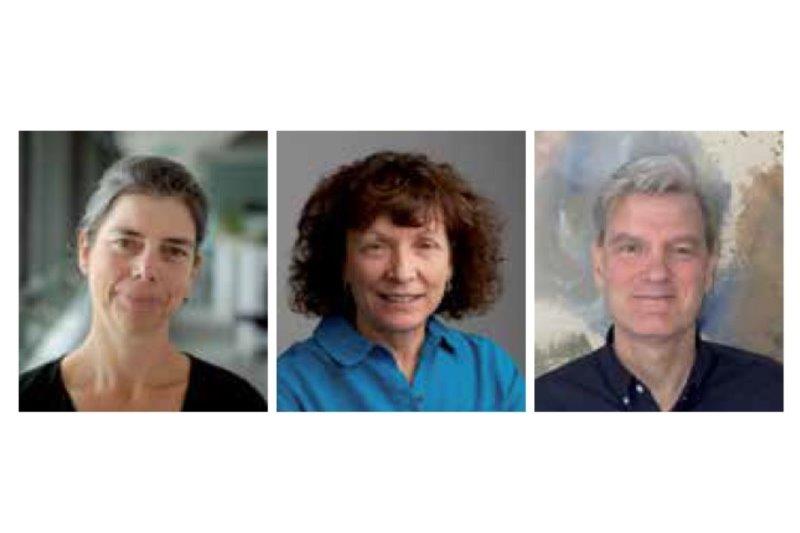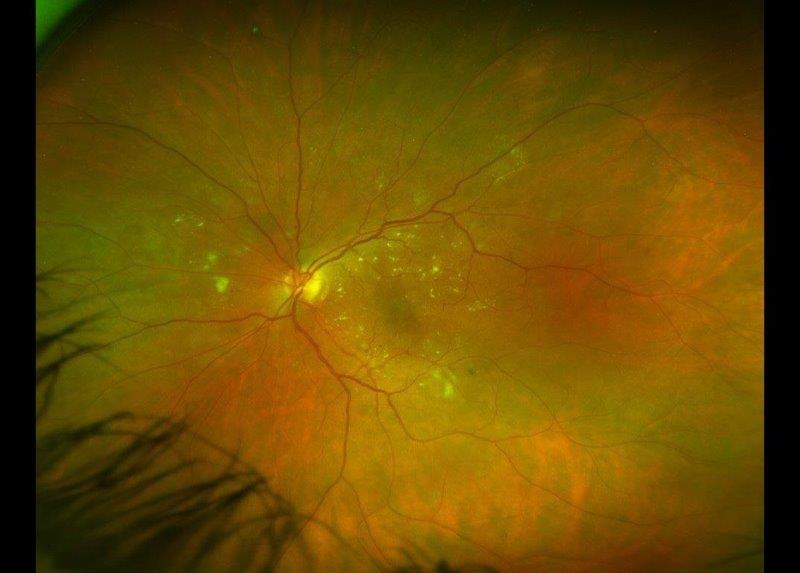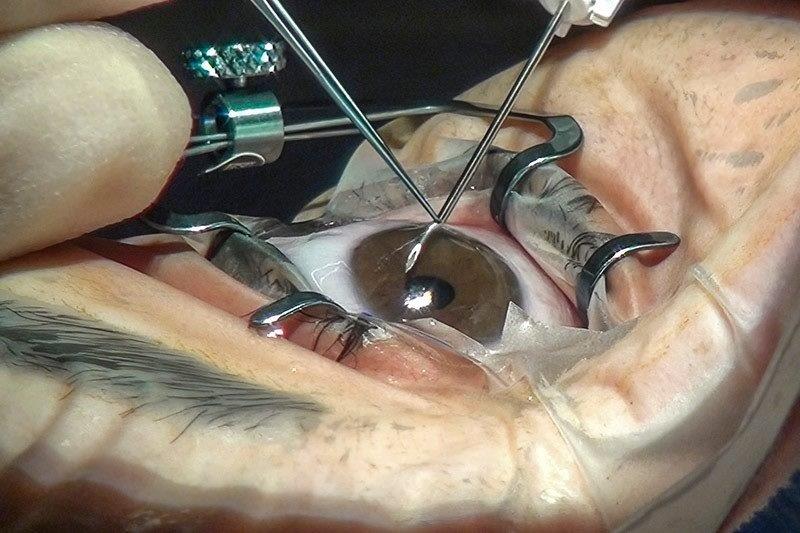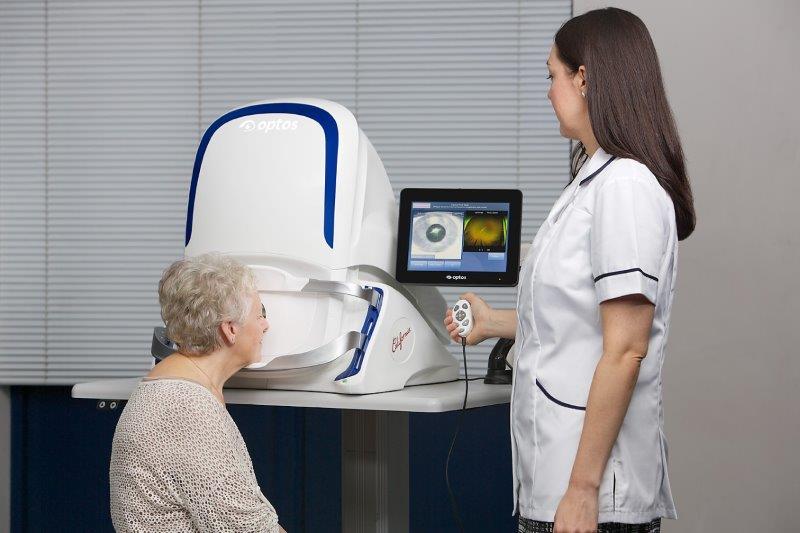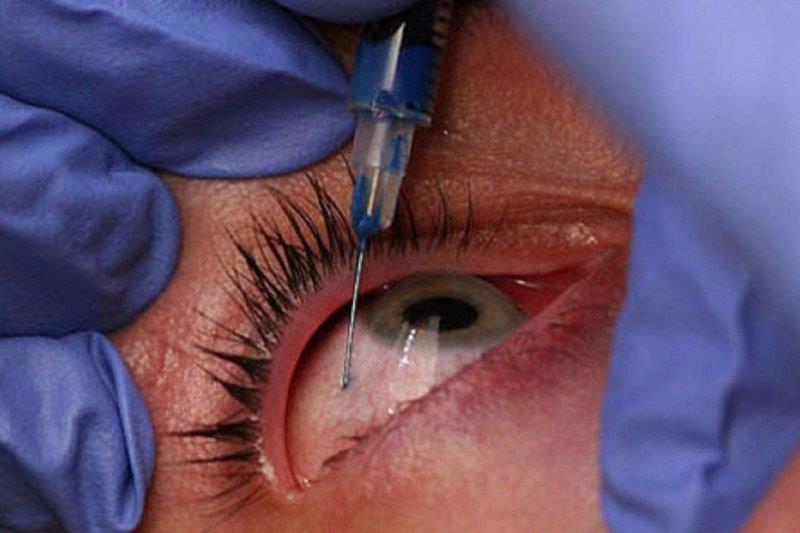Tackling eye disease in Christchurch
The Christchurch Eye Surgery study day is a much-anticipated annual event for local optometrists, providing a full day of interesting cases and educational pearls from the day surgery’s ophthalmologists. One of the main appeals of this day is the topics presented are very diverse given the specialisations of the speakers.
Despite the cold outside, the atmosphere inside warmed up quickly as the first speaker, a veterinary ophthalmologist, discussed how our eyes are ‘different but the same’. Dr Steve Heap has treated entropion in Shar Peis, a non-healing corneal ulcer in a kiwi and many cataracts in dogs - apparently, age-related cataracts are much more difficult to operate on in dogs than humans! He also spoke about a thrilling experience assessing a lion’s eyes (only possible after sedation, of course).
The rest of the study day ran smoothly with speakers covering topics involving all aspects of the eye structure. Dr Tom Betts presented his take on the LiGHT study, which has shown that selective laser trabeculoplasty (SLT) is a more effective treatment than topical medication for primary angle closure glaucoma (POAG). It’s exciting to note the Canterbury District Health Board (CDHB) will soon offer SLT as one of their primary treatments for POAG!
With 12 years’ experience fitting kerarings on keratoconic patients, Dr David Kent has found the procedure works best on early to moderate keratoconics. On average patients gain four lines of uncorrected visual acuity and one to two lines of best spectacle corrected VA.
Given that most of the audience live locally in our ‘Garden City’, it seemed fitting that Dr Malcolm McKellar’s presentation focused on ocular allergies. The hallmark symptom of ocular allergy is itchiness, especially the inner nasal canthus. A neat trick, shared by Dr McKellar, was instead of rubbing our eyes (which we all know not to do), we can rub our temple areas instead, hopefully satisfying our immediate urge to itch. I will certainly be putting this theory to test!
Most memorable from Dr Rebecca Stack’s fascinating presentation on thyroid eye disease was smokers have eight times more severe disease than non-smokers and their symptoms improve immediately following smoking cessation. The topic of smoking is often a difficult one to bring up during patient discussions, but it’s important we present this information, so they can make good, informed choices.
Laser floater treatment using Reflex Technology shown by Dr Jim Borthwick was undoubtedly the most satisfying eye procedure I have ever watched. It had a marked resemblance to a video shooting game! To achieve a good outcome for the patient, the targeted floater should be more than 3mm from the retina and not too close to the lens to reduce the risk of early cataracts.
The main focus of Dr Lewis Lam’s presentation was sympathetic ophthalmoplegia. Caution must be taken when operating on patients who’ve had prior ocular trauma, he stressed. It seems wrong that we can buy avocado savers and banana protectors from the supermarket, yet safety glasses are much less accessible!
Dr John Rawstron discussed current treatments for HSV keratitis, the most common infectious cause of corneal blindness in developed nations. Newly added to Pharmac’s funded schedule, the anti-viral valacyclovir is three to five times more effective than traditional acyclovir treatment and an alternative treatment to patients resistant to acyclovir.
Also of note from the day, was an interesting fact from the CDHB diabetic screening service that around 5000 local diabetic patients are not currently identified in the system. Community optometrists who have seen these patients for routine eye exams are encouraged to contact the CDHB to provide an update for these patients.
The study day ended with the intense, ‘Ask an expert panel session’, where speakers were encouraged to bounce ideas off each other and provide different perspectives. This was my favorite part of the day, where I was able to ask questions I have had trouble finding precise answers to. I am now looking forward to putting all these new pearls of knowledge into clinical use.
Sephy Cheng is a therapeutically qualified locum optometrist based in Christchurch.











